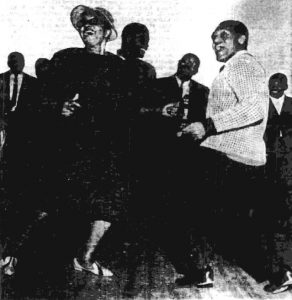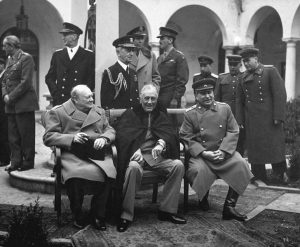“Hard times require furious dancing”
Poems by Alice Walker
Sometimes it is difficult to know quite what to write…
There was a relatively brief period – of which my recollections are still very clear – back towards the end of the last century during which it seemed that a corner had been turned and that the world was after all going to become a better place.
The Berlin Wall had fallen and the Iron Curtain had been rent asunder. Apartheid had been consigned to the trashcan of history and there was hope of a long-awaited resolution to the Irish question. Reaganism and Thatcherism had been kicked – if not actually into then certainly in the general direction of – the extremely long grass.
Things could only get better…
Then came the millennium… and we all know what happened next!
The further that recent history descends determinedly into farce the harder it becomes to conceive any rational view of it.
In the UK the tory party – clearly considering its brilliant strategy of holding (and losing) an entirely unnecessary referendum on leaving Europe to be an unqualified success – repeated the exercise by calling (and losing its majority at) an entirely unnecessary election. Seems that the tories – believing that they currently face no viable opposition from other parties – have determined to do the deed themselves and have emptied the barrels of the shotgun into both feet simultaneously.
One might take some pleasure from the unexpectedly reasonable performance (certainly with regard to its recent history) of the UK labour party, were it not for the fact that they seem to be enthusiastically celebrating losing the election by some fifty seats! Strange days indeed!
Then – of course – there is Trump! Trump!! How on earth did the world get from Obama to Trump?!
Of recent terrorist atrocities throughout the world it is also hard to know what more can be said – though it is clearly important to say something if only to reinforce that which we all know already – that this too shall pass. However painful for those directly involved, in retrospect it will become clear that in the grand sweep of world progress these small tragedies will be shown up for what they truly are – utterly meaningless and mindless.
One of the truest things I have read recently concerning these hideous events was penned by Guardian journalist Hugh Muir under the banner “This is a war on joy“:
“There is no obvious or significant ambition to destroy the pillars of the state: the men who use cars and vans as weapons and strike at random with foot-long knives aren’t obviously seeking to obliterate army barracks or police stations or the Bank of England. Theirs is a war not on the foundations of a free society or on our vital infrastructure, but on people enjoying the benefits of a free society. It is, in many ways, a war on joy, motivated by a warped sense of piety.
We go out and dance and drink and eat. To zealots, these things are decadent and trivial. Yet they are in themselves small acts of political symbolism: we go where we like, do what we like, wear what we want, we love whom we choose, because we have a social framework and a political system that largely allows us to do that. If the extremists cannot dismantle the system, or the foundations that underpin it – and they know they cannot – then they seek to strike and terrorise ordinary citizens who benefit from the gaiety it offers and the freedom it brings…
…But there is a bigger danger, and it is that we now start to think twice about the things that bring joy – the night in a pub or a music-filled bar or club, the evening of shared experience in a public place, the mass sporting events, the standing-room-only concert halls, the shopping malls, the cinemas, the theatres – the many experiences that give life texture and richness. The risk in those places isn’t likely to disappear any time soon, for they seem to encapsulate everything the murderers hate. But the risk will always be minimal; we are going to have to price it in. How we work, how we play: they are two sides of the same coin. Even at a time as painful as this, the biggest risk is that we let the zealots rob us of what makes us who we are.”
You heard the man… Go out and spread joy!


















Recent Comments